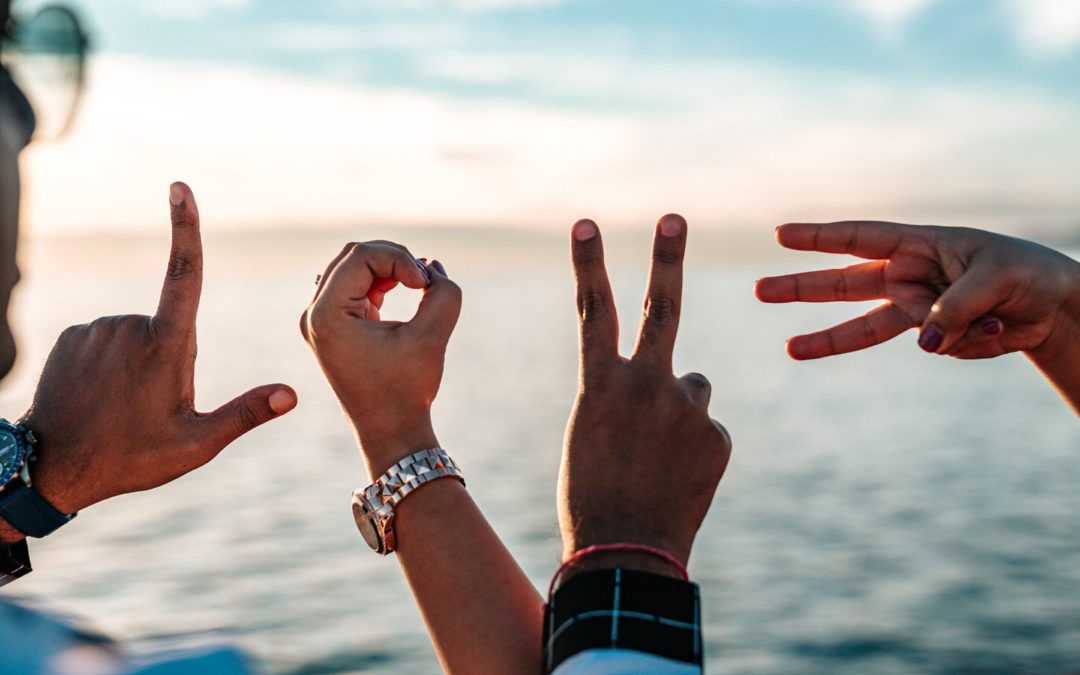In our previous post, we strongly encourage applicants who have lodged their applications for either a Partner (Onshore) visa or a Partner (Offshore) visa to provide further evidence of their relationship following the lodgement of their visa applications. In Part Two, we go through the latest travel restrictions announced by PM Scott Morrison and explain what this means for applicants for a Partner (Offshore) visa applicants.
Updated Travel Restrictions
You might recall that as of 25 March 2020, PM Scott Morrison announced that Australians cannot travel overseas unless they fall within the following categories:
- people ordinarily resident in a country other than Australia;
- airline and maritime crew and associated safety workers;
- people engaged in the day to day conduct of outbound and inbound freight;
- people whose travel is associated with essential work at offshore facilities; and
- people travelling on official government business, including members of the Australian Defence Force.
In addition to these measures, Australian citizens, permanent residents, eligible New Zealand citizens and immediate family members who are returning to Australia will be required to undertake a mandatory 14-day quarantine at designated facilities (for example, a hotel), in their port of arrival.
These measures, while necessary to slow the spread of the virus, present particular challenges to provisional Partner (Offshore) visa applicants. After all, assuming these applicants live apart from their partner, they might find that these travel restrictions limit the time that they can physically spend together with their partner during this period.
Accumulating evidence as a provisional Partner (Offshore) visa applicant
If you are an offshore Partner (Offshore) visa applicant, and assuming that you are not living with your partner in your usual country of residence, you can still provide evidence of your relationship. Some couples send money to each other to support each other’s households and that is good evidence of the financial aspects of the relationship. Most couples would continue to rely on calling cards, Skype, WhatsApp and other media to keep in contact with each other while they are apart. If either you or your partner would like to buy a gift for each other, certainly online shopping is the best way forward.
The good news is, as you are the spouse or de facto partner, you would be considered an immediate family member of an Australian citizen, Australian permanent resident or eligible New Zealand citizen. This means that you can still travel to Australia to see your partner if you have a visitor visa. You must apply for an exemption with the Department of Home Affairs and provide evidence of the relationship to be granted an exemption. Kah Lawyers can assist you with applying for the exemption and advising you on what type of documents you should provide as part of this application. We suggest that you contact our office to make an appointment to seek advice on your matter.
Once the exemption is granted, you can enter Australia to see your partner. Again, Kah Lawyers can provide you with further advice on the type of documents that you should provide as evidence of your ongoing relationship with your Australian partner. As such, we suggest that you contact our office to make an appointment to seek advice on your matter.
Kah Lawyers understand that this is a difficult time for all our clients, especially those who are apart from their partners. Our office is still open to accept telephone and Skype appointments from new and existing clients. Please do not hesitate to contact our office on (02) 9689 3173 for an appointment.
Disclaimer: The contents of this blog post is provided for general information only and Kah Lawyers does not accept any liability for any damages suffered by persons who relied on this information. This information does not constitute as legal advice and is not intended as a substitute for legal advice.
